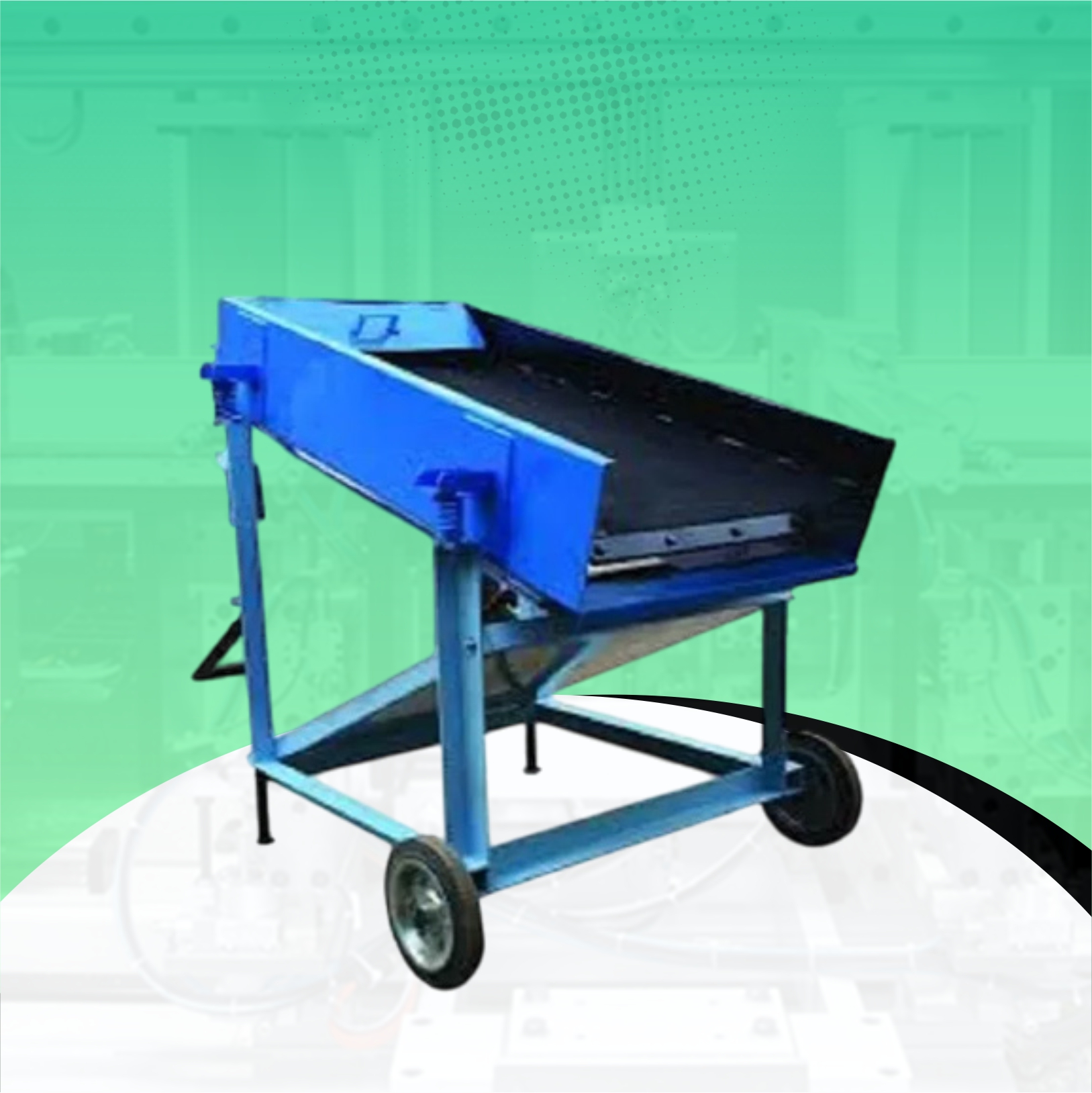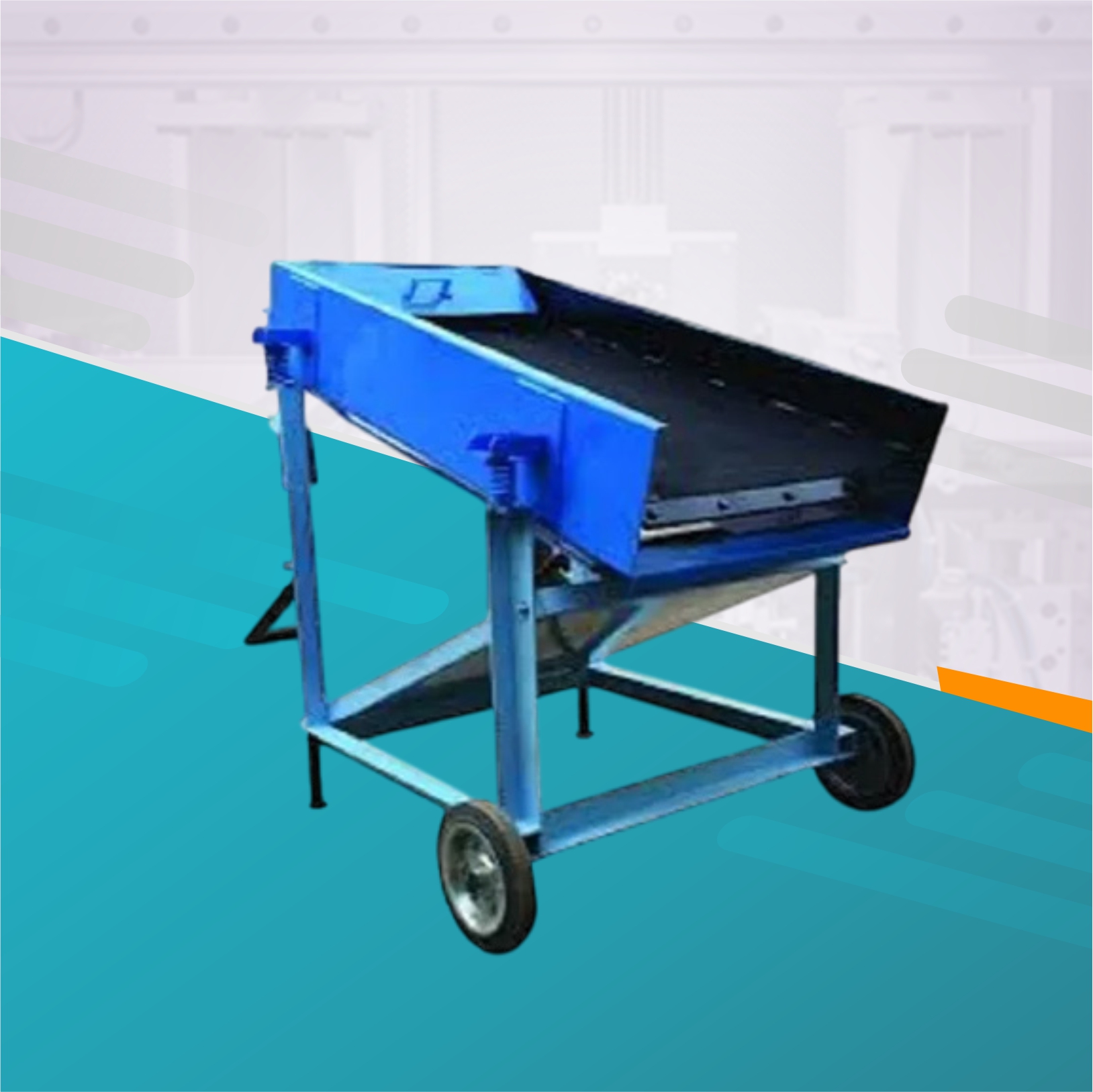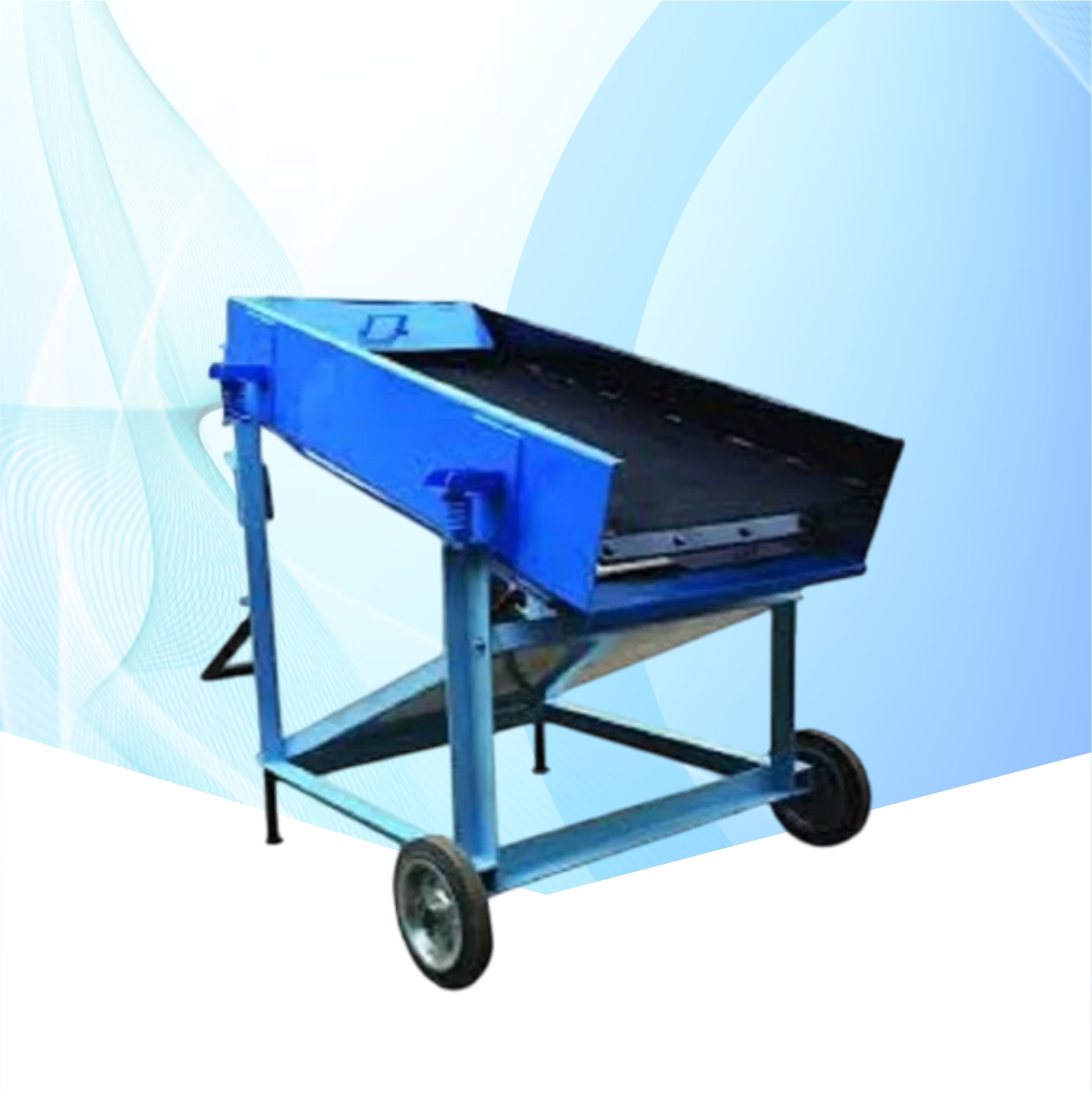Paper Plate Machines
- Double Die Paper Plate Machine
- Fully Automatic Paper Plate Machine
- Hydraulic Paper Plate Machine
- Paper Plate Making Machines
- Single Die Paper Plate Making Machine
Notebook Making Machine
- Notebook Cutting Machine
- Notebook Edge Squaring Machine
- Notebook Making Machine
- Notebook Spiral Binding Machine
- Notebook Stitching And Folding Machine
- Notebook Stitching Machine
Incense Making Machines
- Automatic agarbatti making machine
- Camphor Tablet Making Machine
- Dhoopbatti Making Machine
- Manual agarbatti making machine
Food Processing Machine
- BREAD SLICER MACHINE
- 4 BOLT OIL EXPELLER MACHINE
- 6 bolt oil expeller machine
- 9 BOLT OIL EXPELLER MACHINE
- Atta Chakki Machine
- Automatic paneer press machine
- Automatic rice mill with polisher
- Besan Making Machine
- Cattle feed machine
- Centrifugal chalna seperator
- Chapati Making Machine
- COLD PRESS OIL EXPELLER MACHINE
- Cotton Candy Making Machine
- Dal dryer machine
- Dal polisher machine
- Fully automatic noodles making machine
- Khoya Making Machine
- Kurkure Making Machine
- Kurkure roaster machine
- Laddu making machine
- Malli machine
- Masala coating machine
- Masala Making Machine
- Mini oil expeller machine
- Mini Rice Mill Machine
- Momos Making Machine
- Mustard Oil Expeller Machine
- Namkeen making machine
- Noodles Making Machine
- Oil And Hydro Dryer Machine
- OIL FILTER MACHINE
- Paneer press machine
- Pani Puri Making Machine
- Papad making machine
- Pasta Making Machine
- Planetary mixer machine
- Popcorn making machine
- Potato peeler machine
- Potato slicer machine
- RASGULLA MAKING MACHINE
- Soda vending machine
- Sugarcane juice machine
- Tomato Sauce Making Machine
Other Machines
- Concrete Vibrating Machine
- Automatic slipper machine
- Concrete Mixing Machine
- Cotton Wick Machine
- Hydraulic Press Brick Making Machine
- Ladies Bindi Making Machine
- Manual slipper machine
- Mini chaff cutter machine
- Paper cup making machine
- Sambrani cup making machine
- Sanitary Pad Making Machine
- Tissue Paper Making Machine
- Wire nail grinder machine
- Wire Nail Making Machine
- Wire nail polishing machine
Packing Machines
Detergent Making Machines
Rotary Oven Machine
- 12 tray rotary oven
- 18 tray rotary oven
- 24 tray rotary oven
- 36 tray rotary oven
- 42 tray rotary oven
- 84 tray rotary oven
Screening Machine
Price: ₹ 80000
| Product Generic Name |
Detergent Powder Making Machine |
|---|---|
| Minimum Order Quantity |
1 Piece |
| Brand Name |
Customized |
| Body Material |
SS or MS |
| Usage/Application |
For Screening |
Add To Cart
The Detergent Powder Screening Machine is a highly efficient vibrating sieve used to remove lumps, impurities, and oversize particles from detergent powder. Designed for fine mesh screening, this machine ensures uniform particle size and enhances the quality of the final product.
Ideal for detergent manufacturing units, the machine features a robust structure, high-capacity vibrating motor, and stainless steel mesh screens. It operates with minimal noise and offers dust-free screening for hygienic production. Available in various sizes and mesh types, it suits both small-scale and large-scale production needs.
Key Features:
-
Vibrating mechanism for efficient powder separation
-
Available in single or multi-layer screen designs
-
SS304 or MS body options
-
Low maintenance and easy to clean
-
Dust-free and silent operation
-
High output capacity
-
Improves Product Quality – Eliminates lumps and foreign particles for a smooth, uniform finish.
-
High Efficiency – Fast and accurate separation with minimal product loss.
-
Low Power Consumption – Energy-efficient operation suitable for continuous use.
-
Customizable Mesh Sizes – Choose from different screen sizes for desired granularity.
-
Hygienic Design – Stainless steel body ensures contamination-free processing.
-
Compact & Durable – Occupies less space and offers long-lasting performance.
-
Multipurpose Use – Can be used for detergent, powder chemicals, and cosmetic powders.
1. What is a Screening Machine, and how does it work to separate materials based on size and physical properties?
A Screening Machine separates materials by passing them through a screen or mesh. It uses vibration, centrifugal force, or airflow to separate smaller particles from larger ones. The material moves across the screen, and smaller particles pass through while larger ones are retained.
2. How does the working principle differ between vibrating screens, rotary drum screeners, and air classifiers in a Screening Machine?
-
Vibrating Screens use vibration to move materials across a mesh.
-
Rotary Drum Screeners use a rotating drum with perforated screens.
-
Air Classifiers separate fine particles using air flow.
Each works based on different physical mechanisms, suited for specific materials.
3. Which industries benefit most from using a Screening Machine, and how does it impact production efficiency and product quality?
Industries like mining, food processing, pharmaceuticals, chemicals, and recycling benefit from screening machines. They improve production efficiency by quickly sorting materials and ensure consistent product quality by separating particles accurately.
4. What types of materials can be processed with a Screening Machine, and what should be considered when choosing one for a specific material?
Screening machines process powders, granules, liquids, aggregates, and recyclables. When selecting a machine, consider material properties like size, shape, moisture content, and desired separation accuracy.
5. What are the main advantages of using a Screening Machine in industrial applications, particularly in terms of efficiency, cost-effectiveness, and product quality?
Key advantages include increased productivity, cost savings by reducing waste, and consistency in product quality. Screening machines help achieve faster sorting and better material utilization.
6. How should a Screening Machine be maintained to ensure it operates efficiently and lasts longer?
Regular cleaning of screens, lubrication of moving parts, and routine inspections for wear and tear help maintain the machine's performance and longevity.
7. How can I choose the right Screening Machine for my needs, considering factors such as material type, capacity, and space limitations?
Choose a machine based on material type, processing capacity, space available, and energy efficiency to ensure it meets your production requirements.
8. Can Screening Machines handle wet materials, and are there special considerations for processing moist or sticky substances?
Yes, Screening Machines can handle wet materials, but consider using corrosion-resistant materials and choosing machines that prevent clogging or blockages due to moisture.
9. How much does a Screening Machine cost, and what factors determine the price of the equipment?
The cost varies depending on machine type, capacity, customization, and brand. Basic models may cost a few thousand dollars, while industrial machines can be much more expensive.
10. What safety measures should be taken when operating a Screening Machine to ensure the safety of operators and the longevity of the equipment?
Safety measures include wearing PPE, ensuring machine guards are in place, conducting routine inspections, and following proper training protocols for operators.


